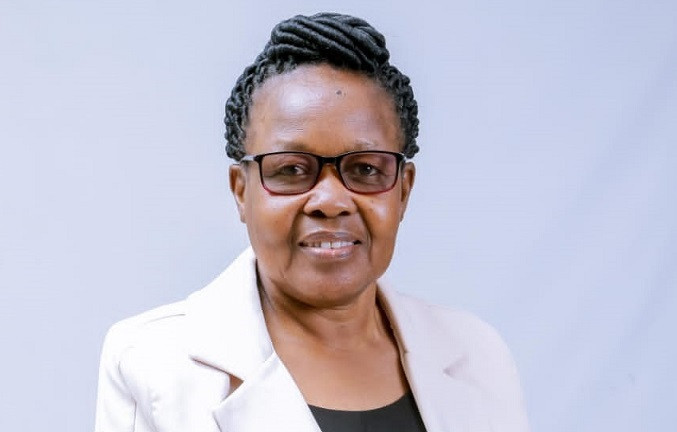
INSTEAD of celebrating the possible development of their communities after the arrival of Chinese miners in recent years, villagers in Gwanda’s Mandihongola and Inyathi in Bubi are ruing their presence due to the challenges they are facing.
Some of the challenges include bad roads, land degradation and dust pollution.
Villagers, who spoke to Southern Eye, revealed sad stories indicating that they are not benefiting from the mining activities.
“We are not benefiting a cent from these miners. The only thing they do for us here is damage our roads. Our youth have gone to seek employment but what surprises us is that the companies brought
their own workers,” the villagers said.
Another villager, who only identified herself as MaNcube, said the community saw no value in the company investing in their area.
“What is the purpose of having a company that destroys our infrastructure and sidelines locals in employment? To us they are not investors, but looters. If they are investors we should be benefiting from them in employment and development,” she said.
Centre for Natural Resources Governance director Farai Maguwu blamed the government for the challenges.
- News in depth: British investor digs in over Marange diamond concession saga
- News in depth: British investor digs in over Marange diamond concession saga
- Businessman burns Chivi’s villagers homes
- Marange diamonds leakage exposed
Keep Reading
“It has no policy and strategy on how to engage China in a win-win situation. This would have informed investor selection policy. What we are having from China are not investors but gold panners makorokoza or organised criminal gangs,” he said.
“True investors leave the investment area better than they found it. There is a need to ensure the Chinese engage with local authorities as opposed to the political elite.
“With local authorities we expect any new project to be integrated into local development plans with clearly written down accountability plans.”
Maguwu claimed the investors operate independent of local authorities and without the approval of regulatory bodies.
“At the community level they don’t get social licence to operate. They use divide and rule tactics or trickery,” Maguwu said.
In January this year, Mthwakazi Republic Party lamented the proliferation of uncontrolled and reckless mining activities which it described as ravaging Matabeleland while not benefiting locals at all.
The secessionist party spokesperson Ackim Ndebele said the once pristine rural landscape of Matabeleland had been transformed into a dystopia nightmare, courtesy of the unbridled exploitation of natural resources by Chinese mining companies, in cahoots with the government.
“The disastrous situation unfolding in these rural areas exposes the inherent exploitative nature of the regime, which prioritises selfish gain over the well-being of local communities and the environment,” he said.
“In Mandihongola village, Gwanda South, the Chinese-owned Gwanda Lithium Mine has become a symbol of environmental degradation and social upheaval. Scores of Chinese nationals have descended on the area, setting up temporary structures and scrounging for the local resources.”
He said the newly-built Mandihongola Rural Health Centre, intended to serve the local community, was now being utilised by the Chinese nationals, further straining already limited resources.
Ndebele expressed concern over chemicals used in processing the minerals.
“Heavy metals and chemicals can leach into the soil, affecting local ecosystems and potentially entering the food chain. The devastating impact of lithium mining operations is a stark reminder of the destructive power of unchecked mining activities.
“Following a poor track record of lithium mining operations globally, the environmental consequences of these activities in Mandihongola are equally alarming. The once-thriving rural ecosystem, teeming with flora and fauna, is now facing unprecedented destruction,” he said. Ndebele said haulage truck thatferry mineral ore from various exploration and mining sites to the Mandihongola mine location for processing are driven and operated by Chinese men.
He said locals were only engaged on a daily basis for menial tasks, with no skills transfer or opportunities for career advancement.
“This lack of investment in local human capital is a clear indication of the regime's complicity in this exploitation,” he said.
Villagers from the gold-rich Inyathi in Bubi district last year petitioned the government demanding to benefit from the mineral resources from their area.
The villagers under Bubi District Development Forum demanded that they must be included in the scheme of things of the mining activities.
Villagers said local residents (youths) approximately 85% are unemployed.
They also said mines should support initiatives like agriculture, water supply and sanitation, adding that Corporate Social Responsibility activities should focus on empowering women, youth and other marginalised groups.









